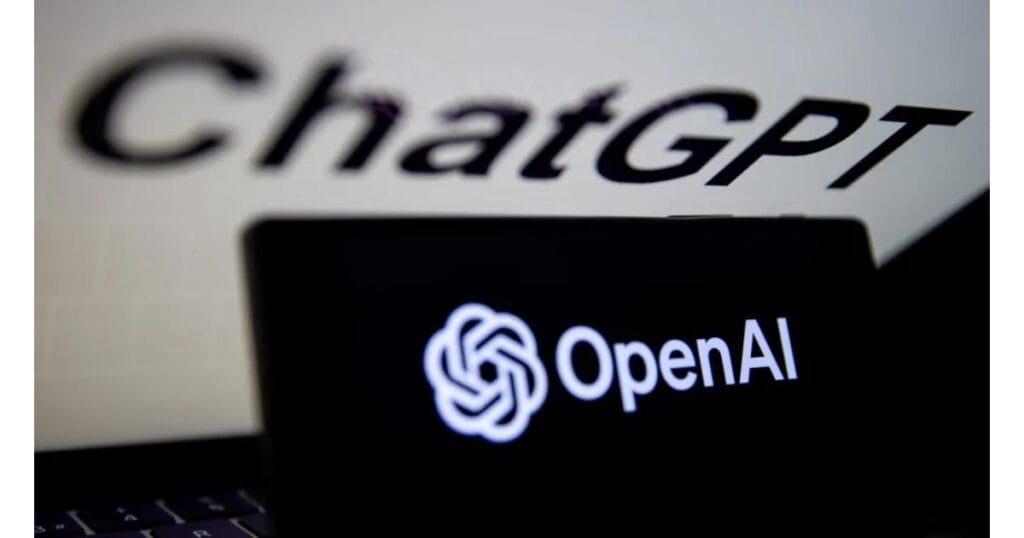Government Enhances Security to Combat Fraud and Spam Calls in India
Key Highlights
- Sanchar Saathi Portal: A platform to report fraud and spam communications.
- Telecom Cyber Security Rules, 2024: New regulations for enhanced security.
- Spoofed Call Prevention System: Blocks fake international calls with Indian caller IDs.
- UCC Complaint System: Easy complaint registration via SMS, call, or app.
- Strict Penalties: Financial disincentives and blacklisting for violators.

The Department of Telecommunications (DoT) is stepping up its efforts to tackle the growing menace of fraudulent and spam calls in India. Through the launch of the Sanchar Saathi portal (www.sancharsaathi.gov.in), citizens are empowered to report suspicious communications and protect themselves from potential scams.
The initiative integrates cutting-edge tools like the Chakshu facility, which allows users to report suspected fraudulent communications and Unsolicited Commercial Communications (UCC). Once a report is filed, the DoT acts against suspicious mobile connections, bulk SMS senders, mobile handsets, and even WhatsApp accounts involved in fraudulent activities.
The initiative integrates cutting-edge tools like the Chakshu facility, which allows users to report suspected fraudulent communications and Unsolicited Commercial Communications (UCC). Once a report is filed, the DoT acts against suspicious mobile connections, bulk SMS senders, mobile handsets, and even WhatsApp accounts involved in fraudulent activities.
Key Initiatives Against Fraudulent Calls and UCC
1. Sanchar Saathi Portal
The portal serves as a one-stop platform where users can report fraud and spam communications easily. This proactive system also helps streamline actions against suspicious entities.
2. Prevention of Spoofed Incoming International Calls
In collaboration with Telecom Service Providers (TSPs), the DoT has implemented a Prevention of Spoofed Incoming International System. This system blocks fake international calls that mimic Indian numbers, often used by cybercriminals in scams like fake digital arrests, FedEx frauds, and impersonation of government officials.
3. Telecom Cyber Security Rules, 2024
On November 21, 2024, the DoT introduced the Telecom Cyber Security Rules, 2024, which strictly prohibit:
- Fraudulent communication practices.
- Acts of personation or cheating via telecom services.
- Any activities intending to compromise telecom security.
TRAI’s Steps to Address UCC
The Telecom Regulatory Authority of India (TRAI) has taken several initiatives under the Telecom Commercial Communications Customer Preference Regulations (TCCCPR-2018):
- Customer Preferences for Communication:
Subscribers can block all or specific categories of commercial communications. Complaints can be filed via mobile apps, SMS to 1909, or a call to the same number. - Strict Actions Against Violators:
- Blacklisting registered entities and telemarketers violating TCCCPR-2018.
- Warnings, usage caps, or disconnection for repeated violations by unregistered telemarketers (UTMs).
- Financial Disincentives:
TRAI imposes penalties on Access Providers who fail to curb spam and fraudulent communications. - Immediate Resource Disconnection:
Telecom resources used by unregistered spam callers or senders are swiftly disconnected.
These initiatives aim to provide Indian citizens with a safer telecom environment while deterring cybercriminals from exploiting loopholes. Citizens are encouraged to actively report suspicious calls and messages through the Sanchar Saathi portal, ensuring quick and effective action.
The combined efforts of the DoT, TRAI, and TSPs mark a significant step toward eliminating the risks associated with fraudulent communications and unsolicited spam.
The combined efforts of the DoT, TRAI, and TSPs mark a significant step toward eliminating the risks associated with fraudulent communications and unsolicited spam.
Share this post
Trending News
About Author
Rajat N
Web Designer and Digital Marketing Manager with 3+ years of experience at Vibrant Marketer. Skilled in crafting visually appealing and user-friendly websites. Also proficient in content writing and graphic design to enhance brand visibility.






